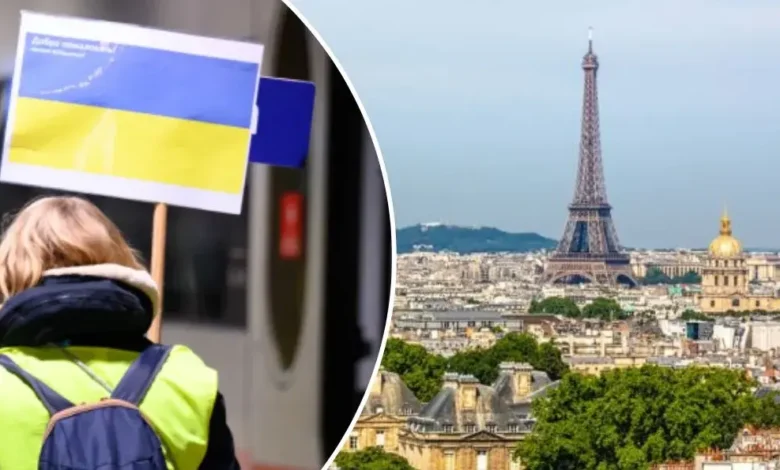France tightens requirements for citizenship candidates: what does this mean for Ukrainians in 2026

After the start of the full-scale war in Ukraine, France became one of the countries that most actively received Ukrainians, providing them with temporary protection, social assistance, housing and access to basic services. However, over time, the approach to refugees in France, as in many other European countries, is gradually changing. Emergency support is being replaced by a desire for control, filtering and integration. There is a growing demand in society to strengthen the criteria for obtaining legal status, and the government is responding with appropriate regulatory steps. As informs SchengenVisaInfo, from January 2026, France will significantly change the conditions for acquiring citizenship.
What exactly will change from 2026
The adopted decision clearly demonstrates that the mere presence of legal status and a long stay in the country are no longer sufficient arguments. The new rules will make the path to a French passport much more complicated and formalized — with increased language and behavioral controls.
First of all, all candidates for French citizenship will be required to prove their knowledge of the language at a level not lower than B2. It is about both oral and written communication. This is a requirement that will significantly complicate access to citizenship for those who did not have the opportunity to undergo systematic training, or learned French at a household level. In the practice of immigration services, this will mean taking a standardized language test that covers listening, speaking, reading and writing.
Checks for official labor integration will also be carried out. A person must prove that they work legally in France: either provide a work contract for at least two years, or present an indefinite employment contract. In the absence of official employment or work for cash, the chances of obtaining citizenship are significantly reduced. This provision is a response to a common situation where candidates live in a country for years without integrating into its economy.
A separate clause stipulates the mandatory presence of the so-called “exemplary behavior”. It is not only about the absence of serious offenses, but also about the general analysis of the biography. If a person has a criminal record – especially one of more than six months – their candidacy will automatically be considered ineligible. Anyone who is in France illegally or has a conflicting immigration status will also be excluded from the citizenship process.
The social dimension of integration is also clarified. This means that the authorities will check not only formal documents, but also the actual participation of a person in public life: for example, whether he attends courses, uses the health care system, maintains contacts with the community, or is involved in local initiatives. This component, although difficult to assess, will be part of the overall analysis of the candidate’s dossier.
How will it affect Ukrainians
For many Ukrainian citizens who ended up in France after 2022 within the framework of the temporary protection program, the new requirements can become a serious barrier. A large number of them are still in a state of legal and social uncertainty: some do not have a stable job, others are focused on caring for children or elderly relatives, and many have not yet learned French at a sufficient level. To this are added problems with confirmation of qualifications, adaptation in another culture and the psychological consequences of war.
Some Ukrainians consider France not the final destination, but a temporary refuge. Therefore, they do not always go through a full integration trajectory, delaying language learning, formal employment or participation in local programs. New rules from 2026 will effectively end the ability to “wait” in temporary protection status and then automatically apply for citizenship.
Another challenge will be the language barrier. Level B2 involves the ability not only to speak, but also to write complex texts, analyze written sources and discuss abstract topics. To achieve it, you need systematic training – either in official courses or independently, which also requires time, effort and resources.
Also, confirmation of official employment will be a problem for a large part of Ukrainians. Because of their temporary protection status, many work part-time or without a formal contract. The field of care, cleaning, and seasonal work — it is precisely in these fields that women with children are mostly involved, but these forms of employment do not always guarantee the appropriate documents for legalization.
The new French rules, which will enter into force in 2026, are not directed specifically against Ukrainians, but they clearly signal a change in the logic of migration policy: from humanitarian support to strict selection and limitation of the circle of those who will receive permanent legal status.
Ukrainian citizens who plan to stay in France for a long time or apply for citizenship should already start language training, legalization of work and active participation in integration programs. Delaying or focusing only on temporary support can close the path to citizenship even for those who have lived in France for a long time and have all the other reasons.





